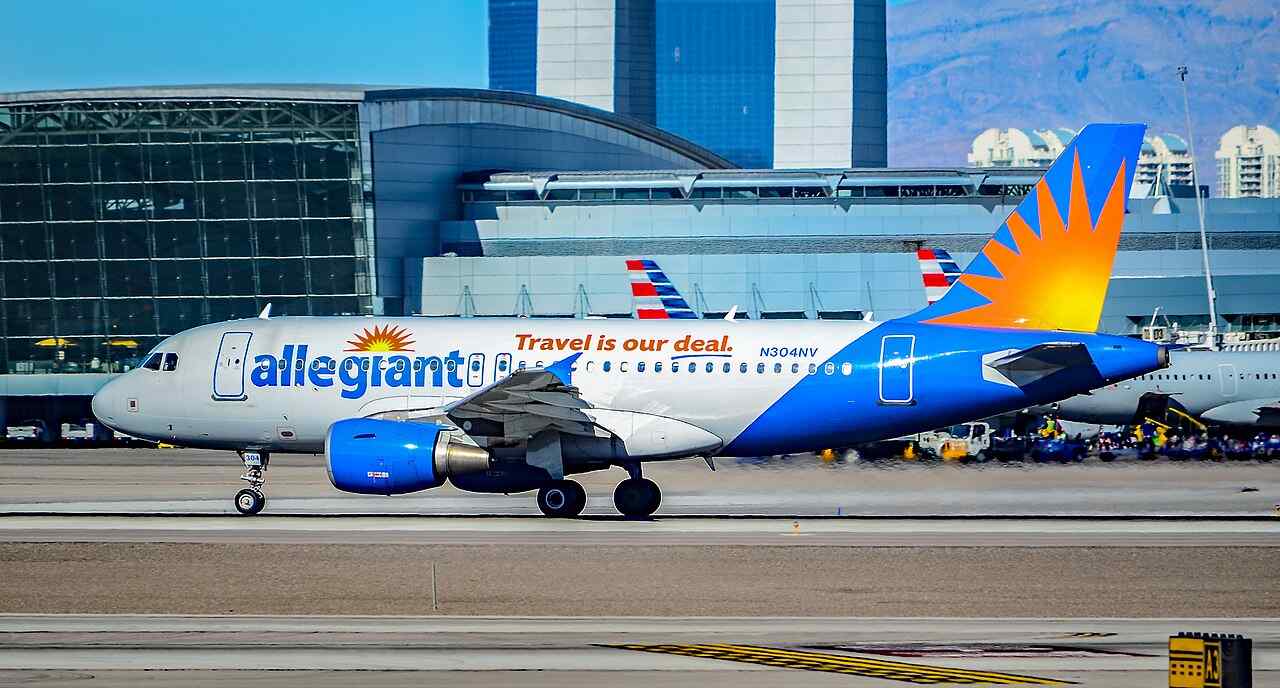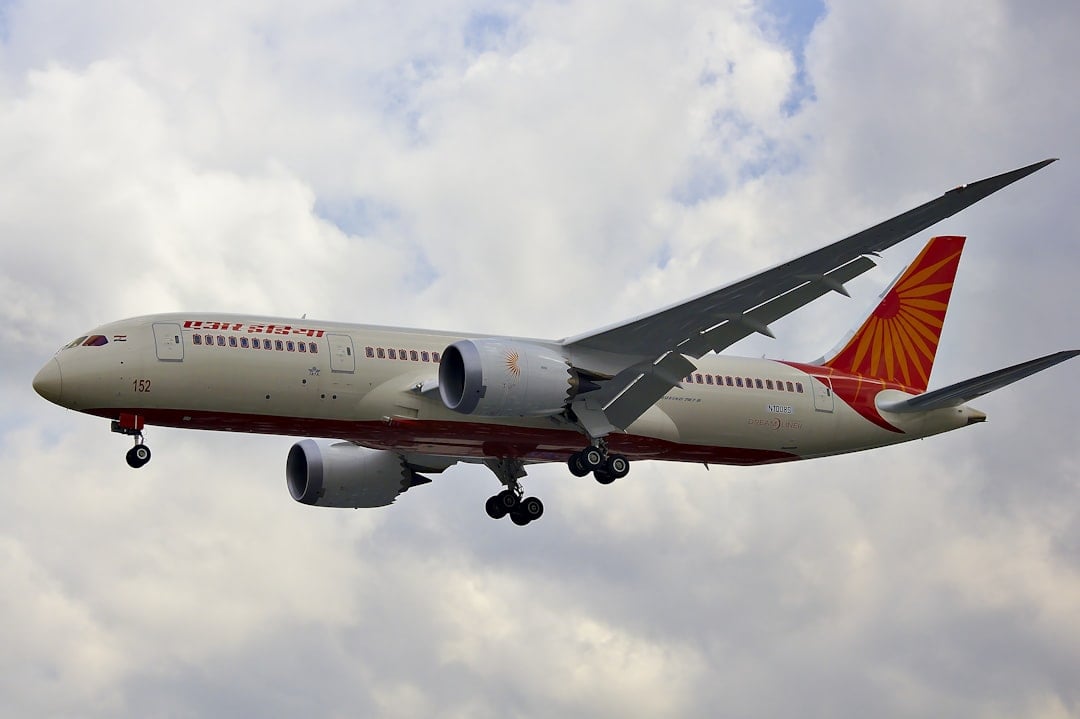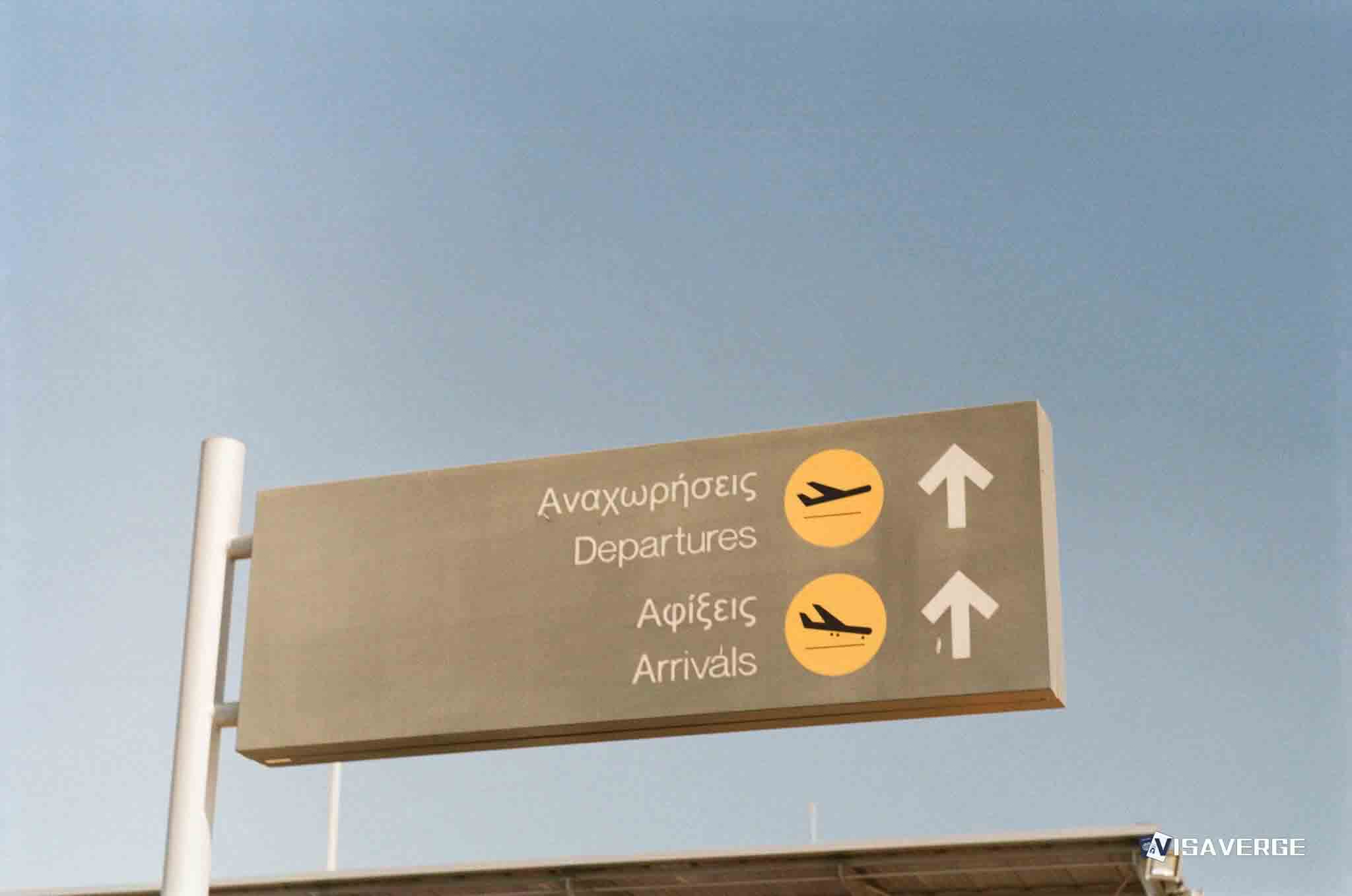(BELLINGHAM, WASHINGTON) Allegiant Air pilots staged a nationwide picket on Tuesday, November 18, 2025, in a move that union leaders said could affect flights for travelers using Bellingham International Airport and other regional hubs. The pilots, represented by Teamsters Local 2118, gathered outside terminal areas starting at 10 a.m. local time to press the company for what they say is a fair contract. While the protest was planned as informational rather than a full strike, the action raised concern about delays, last‑minute schedule changes, and uncertainty for passengers who depend on low‑cost flights.
Where the action took place and who participated
According to the union, more than 1,400 Allegiant pilots took part across 22 airport bases, stretching across Nevada, Utah, Arizona, and Washington. The pilots formed picket lines at airports where Allegiant Air has a strong presence, carrying signs and talking with travelers about why they chose this public step.

At Bellingham International Airport, located at 4223 Mitchell Way, pilots in uniform walked near the departures area, handing out leaflets and encouraging the public to ask Allegiant management to return to what they describe as serious bargaining.
Quick facts (Bellingham International Airport)
| Item | Detail |
|---|---|
| Address | 4223 Mitchell Way |
| Allegiant service | Six destinations |
| Picket start time | 10 a.m. local time, Nov. 18, 2025 |
| Union | Teamsters Local 2118 |
| Pilots involved (nationally) | More than 1,400 across 22 bases |
Union’s stated reasons and demands
Teamsters Local 2118 says the protest is the latest step in long‑running contract talks that have, in their view, stalled while Allegiant continues to expand other parts of its business.
- The union argues the airline is spending on new projects and marketing while failing to offer pilots wages and work rules comparable to other carriers.
- They warn that the pay/work‑rule gap is pushing trained flight crew to leave for competitors, which could hurt smaller communities that rely on Allegiant’s limited but important routes.
- The union frames the dispute as also being about respect: pilots want contracts that reflect the skill and responsibility required to fly commercial jets.
“Without pilots, their planes don’t fly.”
This is a recurring union message used to stress how central pilots are to safety and daily operations.
Pilots on the line in Bellingham held signs with blunt messages, including “Allegiant Air: Bad Bets in Vegas, Bad Bets in Management” and “Allegiant Management Wastes Millions, Pilots Still Waiting.” The slogans refer to Allegiant’s ties to Las Vegas and what workers view as risky company choices.
Potential operational impacts
While Allegiant Air did not immediately release detailed figures on delays tied to the picket, the union said the action had the potential to disrupt flights at airports where pilots were taking part.
- At Bellingham International Airport, Allegiant serves six destinations, offering lower‑cost options for local and cross‑border travelers.
- Even limited disruptions at a small airport can have outsized effects: a single canceled flight might strand families, international students, or temporary workers who must meet tight schedules (immigration appointments, work start dates, etc.).
Teamsters Local 2118 warns that losing experienced pilots can lead to:
– Routes that are harder to staff,
– Reduced or cut flights on less‑profitable routes,
– Fewer direct links for smaller airports, longer travel times, and higher fares as competition drops.
Special concerns for immigrants and travelers on visas
Labor actions like this one often create special stress for people who are in the 🇺🇸 on visas or who are arriving from abroad. A missed connection or canceled flight can mean late arrivals for court hearings, student check‑in deadlines, or employer reporting dates.
- While U.S. immigration officers can sometimes show flexibility, travelers are generally expected to follow the terms of their visas.
- Government guidance for air travelers, such as the information posted by U.S. Customs and Border Protection on its travel page, urges passengers to keep records of delays and any airline notices if their arrival plans are disrupted by events outside their control.
According to analysis by VisaVerge.com, disruptions at regional airports can have a ripple effect that hits immigrant families and mixed‑status households especially hard. Many use lower‑cost airlines like Allegiant to visit relatives, attend consular meetings, or move between college towns and home countries during breaks. In places like Bellingham, where Allegiant is one of a limited number of carriers, each scheduled flight is particularly important.
What passengers were told at the picket
Travelers passing through Bellingham on Tuesday saw pilots lined up near entrance routes, and some passengers stopped to ask whether their flights were at risk. Union members gave practical advice:
- Check your flight status often.
- Watch email and app alerts from Allegiant Air for last‑minute changes.
- Allow extra time at the airport in case of unexpected changes.
- For immigrants and foreign visitors, keep backup documents handy:
- Proof of onward travel
- Records of any changes (emails, notices, receipts)
Broader implications and union position
Teamsters Local 2118 argues Allegiant’s current approach risks both safety and service reliability over time. The union says the airline is “losing talented pilots to competing airlines” because those carriers offer stronger pay scales and better long‑term career paths.
When pilots leave:
– Staffing for routes becomes more difficult,
– Airlines may prioritize higher‑profit routes,
– Smaller communities may lose service or see reduced frequency.
The union maintains that a strong contract would:
– Help Allegiant retain experienced pilots,
– Protect routes serving smaller communities,
– Provide travelers with more stable service.
While the picket was peaceful, the strong language on signs and in leaflets showed how tense the relationship between the company and its pilots has become.
Current status and possible next steps
For now, the picket remains a warning sign rather than a full shutdown of Allegiant’s schedule. But union leaders say they are prepared to increase pressure if talks do not move forward.
- The union insists that further escalation could occur if negotiations stall.
- They say their goal is not to punish travelers but to make the public aware of why pilots feel forced to protest.
With more than 1,400 pilots across 22 bases standing together under the banner of Teamsters Local 2118, the dispute at Bellingham International Airport is part of a larger fight over how low‑cost airlines treat the workers who keep their planes in the air.
Key takeaway: Passengers traveling through regional airports like Bellingham should monitor flight status closely, keep documentation of any disruptions, and expect possible short‑notice changes while contract talks continue.
This Article in a Nutshell
On Nov. 18, 2025, more than 1,400 Allegiant pilots across 22 bases, backed by Teamsters Local 2118, staged an informational picket starting at 10 a.m., including at Bellingham International Airport (4223 Mitchell Way). The protest demands higher pay and improved work rules amid stalled contract talks and Allegiant expansion. While not a strike, the action risks delays for six Allegiant destinations from Bellingham. Passengers should monitor flight status, keep records of disruptions, and expect possible schedule changes as negotiations continue.













